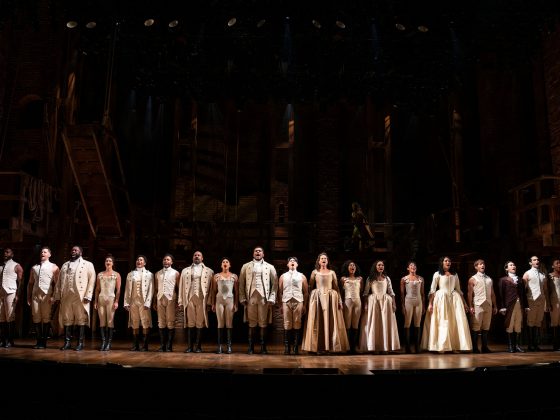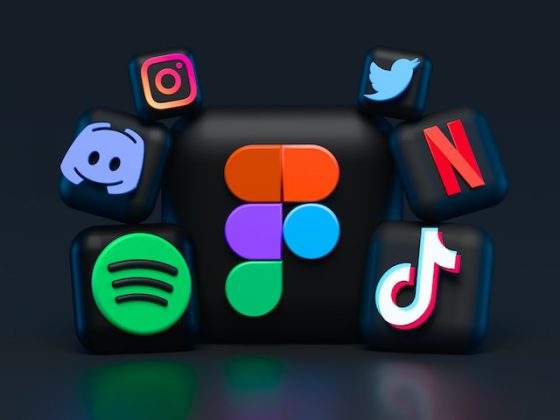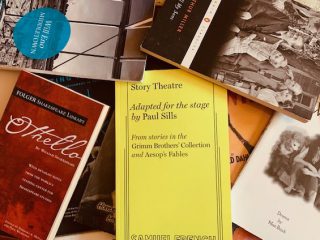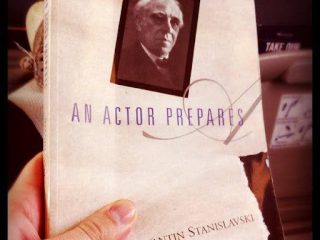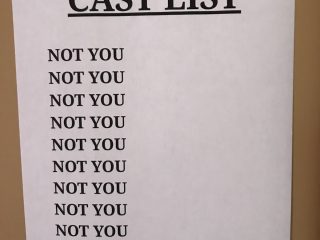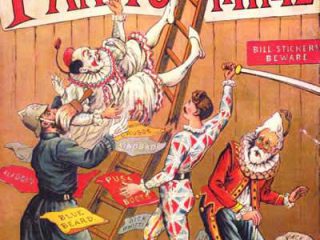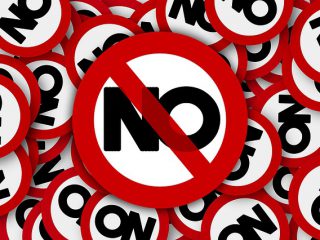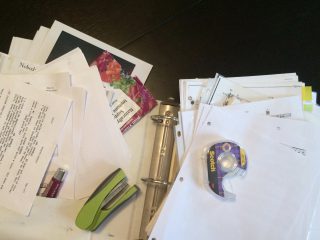The good news is you aced yesterday’s audition. They loved you in the room and today you got a coveted callback. Awesome, right?! The question now is: how do you prepare? What are casting professionals and creative teams looking for at a callback? And how is it different than what they looked for during the first audition?
Well, the good news is, they have already seen something they like. As someone who has sat behind countless auditions tables, I can tell you sometimes I can identify exactly what I liked, and sometimes I can’t. But if I called you back, it means you did something that led me to think you might be right for a role in my show. The trouble is, you may not get any feedback between the audition and the callback, so you are left to figure out on your own what they liked and how to proceed. That said, here are some things you can proactively do:
Wear What You Wore Before
Wearing the same outfit you wore to the first audition may seem like a strange thing to do but it’s a great way to quickly jolt the memories of the creative team. “Oh yes, the woman in the bright pink jumpsuit. She was so funny at the audition.” “This guy in the biker jacket has a beautiful voice. I remember I really liked him for the lead role.” Many performers have set audition outfits, which is a great idea for several reasons. One, you don’t have to do too much thinking on audition day. And two, it can act as a quick visual reminder for the creative team.

Research
Take the time to research the show, the writer(s), as well who will be in the room. Being a well-informed performer is always attractive to a creative team. Find out what shows are on their resumes and seek out performers who may have worked with any of the creative team. This will give you information about how they work, can help you feel more comfortable in the room, as well as help you find things to chat about. Let’s say you’re auditioning for a role in Mamma Mia and the choreographer just finished working on another production of the show that a friend of yours was in. When you meet the choreographer you can mention that. In addition to giving you a few more minutes in the room while you chat, it gives you a reference they can call to ask about you. [Note: It should go without saying that you want to only do this if you know that reference will speak highly of you.]
Do What You Did Before
Bring back the same material you performed at your first audition. They liked it then and performing it again will remind them who you are and what they liked about you. If you were given sides at the first audition, read them the same way you did at the first audition.
Bring Something New
At a callback you will be more highly scrutinized than you were at a first audition. Now the folks behind the table are really analyzing you to see if you are a good fit for a role(s). If it’s a callback for a musical, make sure you bring a range of song styles to the callback and be prepared to perform whatever is in your book. If you were given sides, spend some time thinking about several different ways you could perform them. The director, who may or may not have been at the first audition, will most definitely be at the callback and he/she/they will want to see how well you listen and how well you take direction. It’s important you show yourself to be flexible and able to think and make changes quickly. You will often be given adjustments (for tips on taking adjustments see my StageAgent article here). A lot of actors squander the chance to perform their material again and wind up performing it the same way twice. Don’t make that mistake. I like the motto: “Go big or go home.” Take a chance and commit 100%. The only wrong choice is not to make a choice.

Be on Your Best Behavior
This would seem to go without saying but I have seen many a performer crush their chances for a role by being disrespectful or downright rude at callbacks. Keep in mind this applies to everyone involved — from the monitor outside the room, to the pianist, to the creative team. If something goes wrong, or you’re having a bad day, take responsibility for yourself and apologize immediately. My casting motto is that if a performer is ornery at a callback when they should be on their best behavior, it does not bode well for how I can expect them to behave at rehearsals. I will never take a chance on hiring a rude person – no matter how talented I think they are.
Feedback
If you are lucky enough to receive several callbacks and don’t yet have an agent or manager that you can ask for feedback for you, make a call to the casting director. The casting director is a conduit between you and the creative team and it is perfectly acceptable to ask for their help. They will be able to give you some information about how you are being viewed and what you might be able to bring into the room the next time around. Keep in mind, the further along you get in the casting process, the more voices that get added to the mix behind the table. For a musical you might have the director, choreographer, composer, lyricist, book writer, and producers who will all have their own opinions about casting.
Original Material
A word here about working on new material. Sometimes you will be called back and you will be asked to read sides and/or music from a new work material you will have no reference for. This kind of callback is unique because there are no precedents. The work may be in various stages of completion and will probably take more work from you to bring it to life. As with an audition for an established work, the creative team will still be looking to see what you can bring to the role. Your research into the prior work of the artists may be helpful, but you may need to just dive into whatever text and music you are given and do your own analysis.
Bring Your Best YOU into The Room
You may have no idea what the creative team is looking for but it’s also possible that the creative team doesn’t know either. The best option you have as a performer is to bring as much of yourself and your essence into the audition room as you can. Show them who you are and what you can bring to the material because you are the only one who has the ability to do it exactly that way. I have oftentimes found myself casting someone I would never have pegged as “right” for a role because of how they read the sides at the callback. Show the creative team you are a smart, intuitive performer and bring positive energy into the room. As a director, I am looking for a creative partner in rehearsals. And an actor or actress who can bring lots of ideas into rehearsal is someone I want to work with.
It sounds corny, but the most important part of a callback is remembering to bring your best self into the room. You have no control over who gets hired. Being present and authentic will go a long way towards allowing a creative team to see you and your talent. And in the end, that is all you can do.

